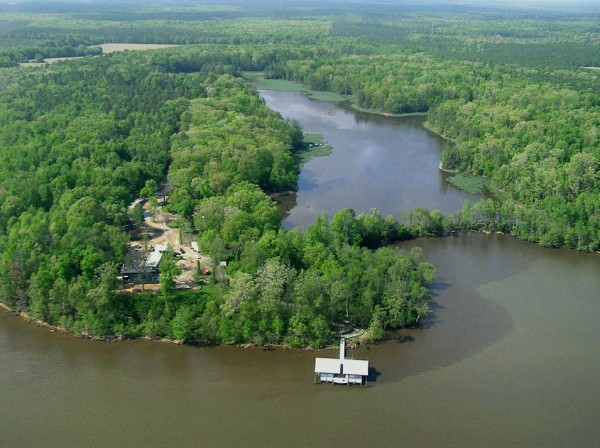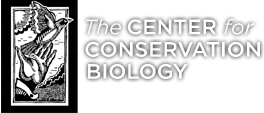W&M and VCU agree to share CCB
W&M and VCU agree to share CCB
January 6, 2009Peregrine falcon, “James,” shatters record for lifetime reproductive success
January 7, 2009
Written by Bryan Watts
January 6, 2009
On 26 January 2009, Virginia Commonwealth University President, Eugene P. Trani, and College of William and Mary President, Taylor Reveley, signed a memorandum of understanding to share The Center for Conservation Biology. Attended by administrators from both universities and both Bryan Watts and Mitchell Byrd from The Center for Conservation Biology, the signing ceremony took place overlooking the James River in the newly constructed Walter L. Rice Education Building within the VCU Rice Center for Environmental Life Sciences. The agreement represents a commitment by the universities to conservation and to the continued development of The Center for Conservation Biology and its work. It is hoped that the new relationship will lead to greater collaboration that will benefit natural ecosystems and the commonwealth.
Virginia Commonwealth University president Gene Trani (l) and The College of William and Mary president Taylor Reveley sign an agreement for the universities to share The Center for Conservation Biology. Looking on (l to r) are Len Smock (Director of VCU Rice Center), Bryan Watts (Director of CCB) and Mitchell Byrd (retired Chancellor Professor of Biology at The College of William and Mary).
The VCU Rice Center is located on 341 acres of forested land along the north shoreline of the James River and situated mid-way between Richmond and Williamsburg. The property was donated by Inger Rice to VCU in 2000 and now houses the regional office of the Virginia Department of Game and Inland Fisheries, a research pier, a classroom pavilion, and the 4,900-square-foot, LEED-certified education building with lecture and laboratory rooms, a conference room and administrative offices. As the Rice Center develops, the land will increasingly become a focal point for environmental education and a launching pad for research activity.

The platinum LEED certified Walter L. Rice Education Building at Virginia Commonwealth University’s Inger and Walter Rice Center for Environmental Life Sciences. Photo by Daniel Fort.
The Center’s collaboration with VCU and eventual relocation to the Rice property represents an exciting opportunity to greatly enhance the capacity of both organizations to accomplish environmental education and conservation goals. Center staff look forward to a future of rich collaboration with VCU faculty and students addressing a broad range of research questions.

Aerial Photo – A view from the James River showing the Rice Center property including Lake Charles, the VCU-VDGIF research pier, and the newly constructed Walter L. Rice Education Building. Photo by Bryan Watts.
